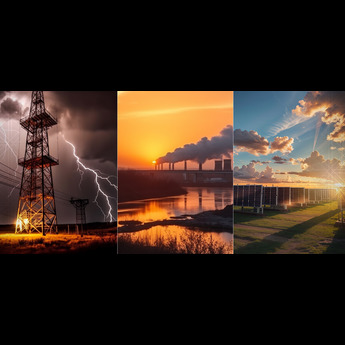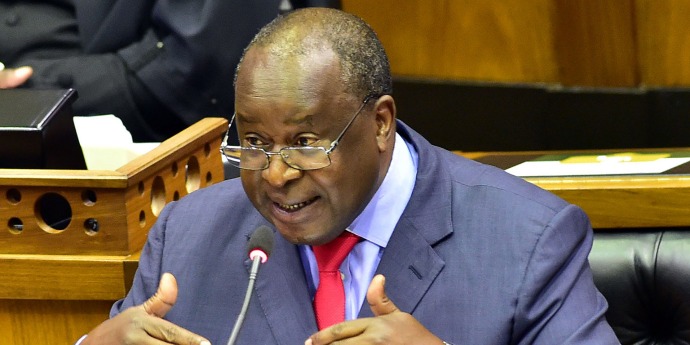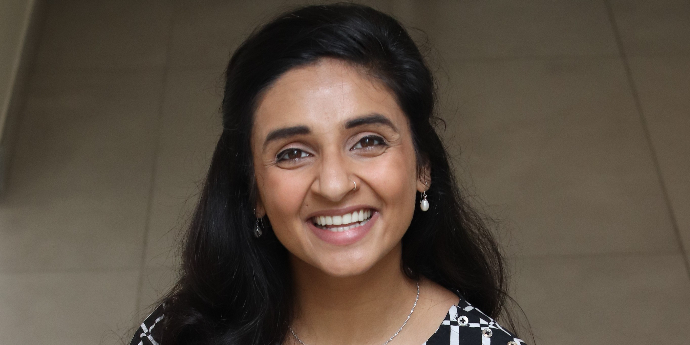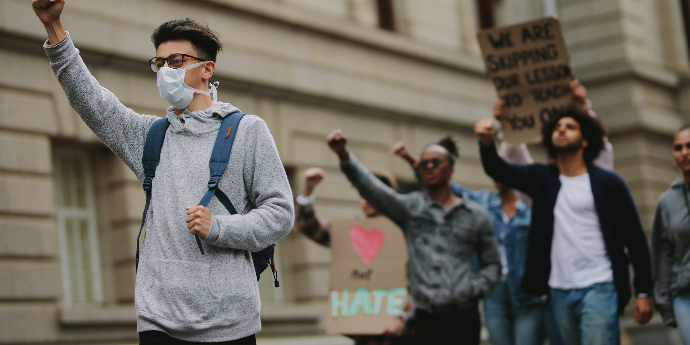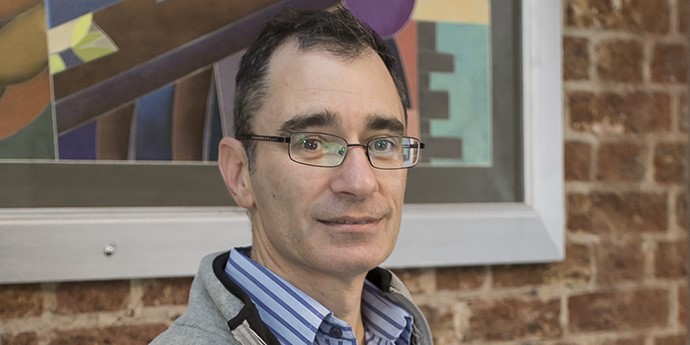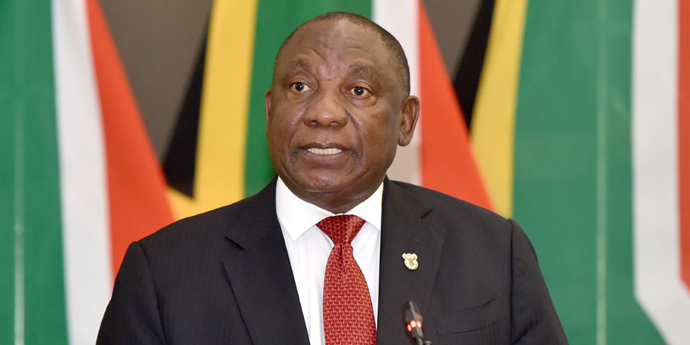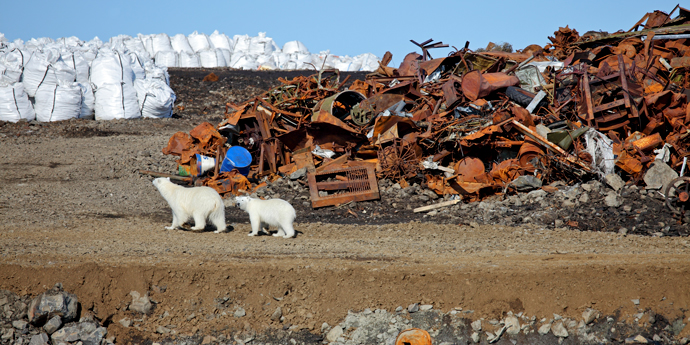The PFL conducts research, training and advocacy work to build capacity and support evidence-based decision-making in energy network infrastructures in Africa. When it was established in 2001, Eskom was one of the world’s most respected power utilities, electricity was cheap, and “loadshedding” was not yet part of the national vocabulary.
PFL director, Dr Wikus Kruger, says that one of the biggest changes since then has been the increasing cost-competitiveness of renewables, which is fundamentally changing how we plan, manage and think of energysystems.
“ We are also seeing new business models, the rapid integration of information and communication technologies, the rise of prosumers [producers and consumers], smart grids, electric vehicles, and so on. The pace of change and innovation is unprecedented. So this is a really exciting time with lots of opportunities for Africa to leapfrog developed economies and embrace this rapidly unfolding energy transition.”
Given these changes, what could this mean for the next 22 years of energy in South Africa?
The good: sound policies, Eskom unbundled, and a functioning power market
In an ideal world, there would be clear, coordinated and pragmatic policy direction from the government. Eskom would be unbundled, the focus would shift to least-cost renewables complemented by gas and storage, and a functioning power market would be introduced.
Unbundling Eskom would introduce transparency and efficiency into the system. The first step would be to set up an independent, state-owned transmission, system and market operator. “This is effectively the heart of the power system that needs to be protected and supported to enable the energy transition,” says Kruger.
This new entity, independent of Eskom, could be investment-grade, which would allow it to raise capital at affordable rates to build new transmission lines. This structure would have the added advantage of removing conflicts of interest, allowing the entity to procure energy, capacity, flexibility and ancillary services to ensure energy security and grid stability in a transparent, cost-effective way.
Government would actively manage this transition to not only mitigate the impact on affected communities (especially those dependent on coal power production), but also promoting the development of South African manufacturing in key green industries.
The result, in this scenario, would be an increasingly democratic, clean and distributed energy system that ensures energy security at an affordable price for all South Africans.
The bad: total grid collapse and worsening inequality
In this scenario, South Africa remains trapped in a quagmire of policy inertia, pursuing expensive, inflexible coal and nuclear technologies that take years to bring onto the national grid. A total grid collapse would have a wide-ranging impact on every aspect of life, including water, telecommunications, healthcare, safety and food security. Private enterprise and wealthier households defect from the grid as they try to insulate themselves as far as possible from state failure – exacerbating inequality and reducing social cohesion.
The likely: a continuation of an uncoordinated transition to renewables
The good news – relatively speaking – is that a total grid collapse is unlikely, and so is large scale withdrawal from the grid by the private sector.
“The Eskom System Operator is very capable and there are several layers of contingencies in place to ensure this does not happen,” says Kruger. “Also, grid collapse is a frequent occurrence in many other African states – and while this is indeed problematic, it is not necessarily the catastrophic scenario often speculated on in South Africa.”
The most likely scenario is already happening: a rapid increase in renewable energy capacity, driven by the private sector. In the past 12 months, about 4,7 GW of solar was installed by consumers, and this is increasing. The PFL sees a pipeline of 60-90 GW of renewable energy projects being developed, most of which will be selling power directly to private consumers (only “wheeling” the power through the Eskom grid).
The rise in the use of renewables is driven by:
- Cost: the cost of power from renewables has declined significantly, to the point where for many businesses, renewables are now cheaper on a per kWh basis, than electricity supply from Eskom.
- The cost of carbon: in April this year, the EU introduced a cross-border carbon tax set to come into effect in 2026. This means that South Africa’s biggest trading partners are effectively penalising imports that contain high shares of embedded carbon. Given that South Africa enjoys the dubious honour of having one of the dirtiest grids in the world, local companies have a compelling incentive to decarbonise their power supply in order to remain competitive.
- Energy security: renewables, combined with storage, offer a quickly deployed, cost-effective means of dealing with the worst impacts of loadshedding.
Loadshedding: the neverending story?
It is now clear to even the most incurable optimists that loadshedding is not going anywhere soon. The irony is that this crisis could largely have been avoided. According to an analysis by Meridian Economics, had government continued the implementation of the Renewable Energy Independent Power Producer Procurement Programme, which was paused in 2015, there would have been 96% less loadshedding in 2021. “The energy transition is inexorable,” says Kruger. “Unfortunately, instead of a coordinated response, much of this is happening despite (not because of) government coordination. To enable a just energy transition requires much stronger, forward-looking leadership from government – in particular the Department of Mineral Resources and Energy.”

